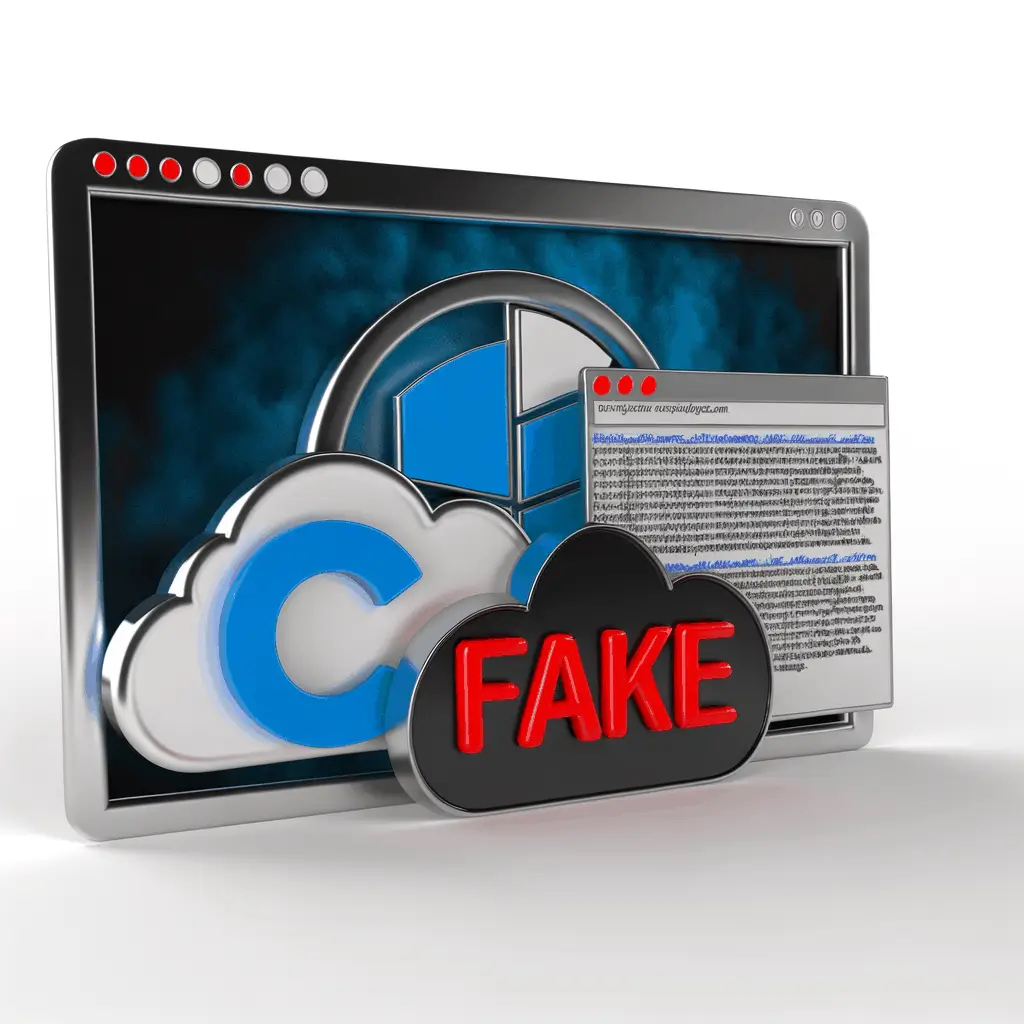
“Stay vigilant: Cyberattack targets Google Chrome, Word, and OneDrive with deceptive error messages.”
Email Security: How to Protect Yourself from the Latest Cyberattack Targeting Google Chrome and Microsoft Apps
Email security is a critical concern for anyone who uses the internet. With the rise of cyberattacks, it’s more important than ever to be vigilant about protecting yourself from potential threats.
Recently, security experts issued a warning to Google Chrome users after uncovering a cyberattack targeting the browser, as well as Microsoft’s Word and OneDrive apps. The attack has used fake error messages to trick users into installing the malicious software themselves as a ‘fix.’
The cyberattack in question is particularly insidious because it preys on users’ trust in familiar software. When users encounter an error message, their first instinct is often to look for a solution. In this case, the attackers have created fake error messages that prompt users to download a ‘fix’ that is actually malware. Once installed, the malware can steal sensitive information, such as passwords and financial data.
To protect yourself from this type of attack, it’s important to be cautious when encountering error messages. If you see an error message that prompts you to download a fix, take a moment to consider whether it seems legitimate. Look for signs that the message might be fake, such as poor grammar or spelling errors. If you’re unsure, it’s always best to err on the side of caution and avoid downloading anything.
Another important step in protecting yourself from cyberattacks is to keep your software up to date. Software updates often include security patches that can protect you from known vulnerabilities. Make sure to regularly update your browser, as well as any other software you use, to ensure that you have the latest security features.
In addition to keeping your software up to date, it’s also important to use strong, unique passwords for all of your accounts. Avoid using easily guessable passwords, such as ‘password’ or ‘123456,’ and instead opt for a combination of letters, numbers, and special characters. It’s also a good idea to use a different password for each account, so that if one is compromised, the others remain secure.
Another way to protect yourself from cyberattacks is to be cautious about the emails you open and the links you click on. Phishing emails are a common tactic used by attackers to trick users into giving up sensitive information. Be wary of emails that ask for personal information or prompt you to click on a link. If you’re unsure about the legitimacy of an email, it’s best to delete it without opening it.
Consider using a security software to protect your computer from malware and other threats. There are many options available, ranging from free antivirus software to paid security suites. Choose a software that fits your needs and budget, and make sure to keep it up to date.














